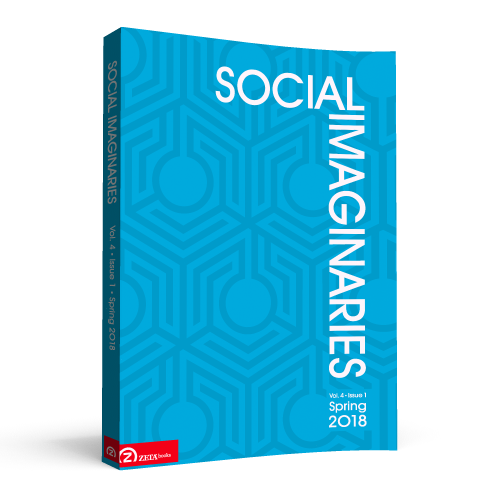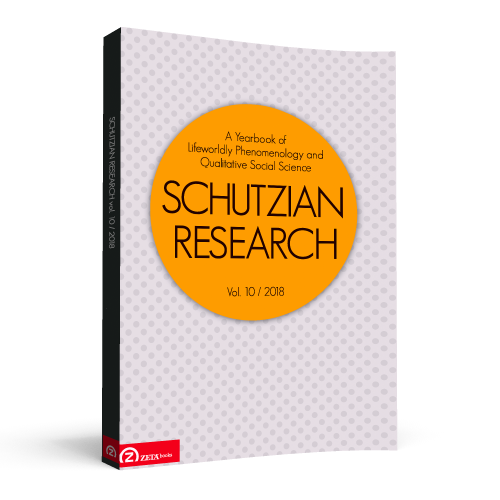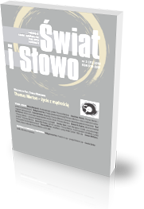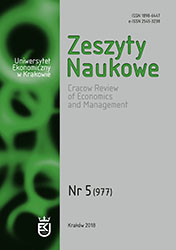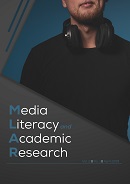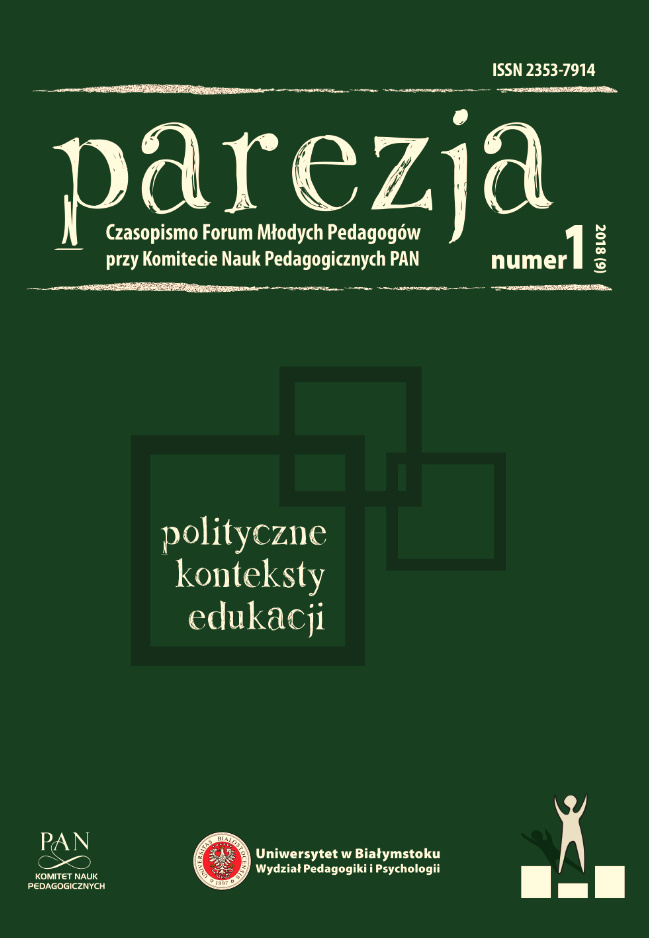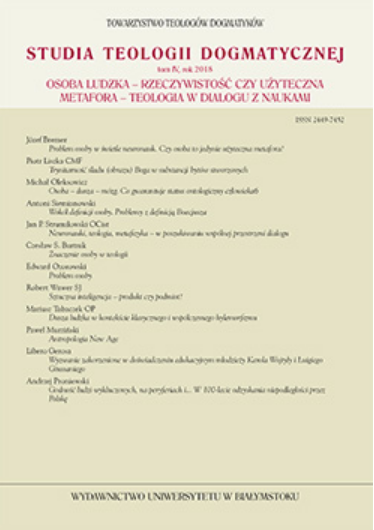Author(s): Crînguţa-Irina PELEA / Language(s): English
Issue: 1/2019
In today’s society, Artificial Intelligence is continuously evolving, with remarkable speed and it has a considerable impact on the community as a whole, starting with medicine, education,industry, and it affects communication in human relations. Once one can no longer deny this technological advancement with many implications on our lives, a new topic of discussion and academic research arises: to what extent will it be necessary to redefine the parameters ofcommunication and the relationships between the individual, the group, the society, and the Artificial Intelligence. The present research tackles several problematic aspects related to AIin the present and some that may arise in the near future when robots will probably become acommodity. First, the author will investigate the communication relationship between AI and theindividual, now, given the fact that the excessive use of technology recalibrates and reformulatesthe way one perceives and envisages the harmony and the efficiency of the communicationprocess. Second, the connection between AI and ethics is another topic of high interest now,and even though the flourishing development of AI supposedly has as a mission the be nefitof humankind, many ethical dilemmas keep arising and feed collective social anxiety, while nosatis fying and consistent solutions seem to be found. Globalisation and technological progressmark another turning point for contemporary society, which witnesses an unforeseen academicimpasse of knowledge, meaning that it is prone to reconfigure stable academic disciplines andto estimate the emergence of new ones, dictated by post-contemporary global necessities. Forexample, the ethics of robots or AI has high chances to become a well-established academic discipline soon, given the present turbulent and dynamic technological context, constantly shaping humanity’s life. Considering the future implications of ethical and communication nature becomes a stringent necessity even at its earliest stages, not only for researchers ofvarious departments and ethics committees but also for governments, corporations, and otherindustry branches. Therefore, creating and engraving a culture of social responsibility towards. AI represents one of the most difficult challenges of our times, and finding the balance will make the difference between utopia and dystopia, where AI is a miracle... or an evil.
More...
